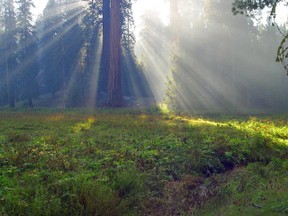
The Lugh of Lughnasadh is a God. He variously defeated, or is the son/grandson of, the ancient Celtic Father God, Balor/Belor/Baal.
Everything that we know about Lugh tells us that he was a catch for any young lady. Beautifully handsome, skilled in a range of things, brilliant in all of his endeavors.
His name turns up all over the place in Great Britain and Ireland. Most famously it is in Lugh's Dun, better known as London.
Those great fairs at Lughnasadh weren't just about exchanging winter provisions, or finding a mate. They were also a time for tribes to demonstrate their prowess and skill in other things too. Alongside the craft-working and weapon forging, there were shows of strength and tournaments.
Therefore, it is with a wry smile that I note, at the time of writing, the world's focus upon the Olympic Games in London. The opening ceremony occurred around Lammas too. Danny Boyle orchestrated a huge display of all it meant to be British. It's purely coincidental, but very much plays into the celebrations that would have been held in Lugh's name.
But there was a darker side too. If Lugh represented the great abundance of ripe crops, then he had to die. Who killed the corn king? The grim reaper did.
There have been many hints that this sacrifice wasn't always symbolic. If a king was the living embodiment of his country, and the harvest wasn't good, then something had to give.
A persistent rumor has it that William Rufus, son of William the Conqueror, died in this way. He was killed in the New Forest, with an arrow to the lung. Later Anglo-Saxon chroniclers added the name of Walter Tirel (aka Tyrrell) as his assassin.
Though there is absolutely no historical evidence to state that William II was a Pagan, the date is telling. He died on August 2nd 1100, which is during Lammas. He was king and he died in the depths of the forest.
The country-people at the time would have made the connection, even if the nobles did not.


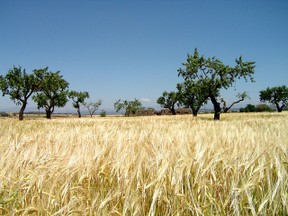




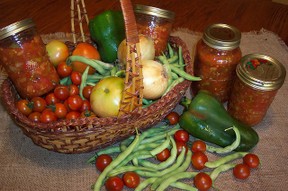


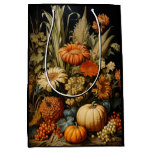
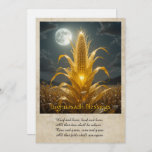
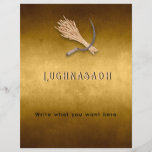
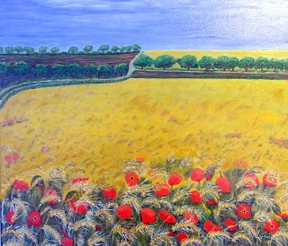




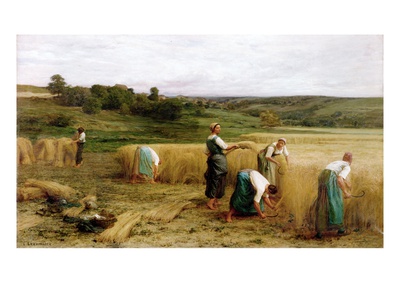
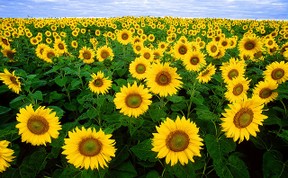
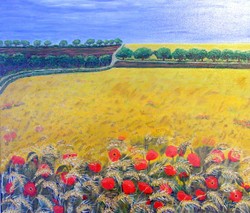

 St Tydecho's Churches in West Waleson 09/03/2014
St Tydecho's Churches in West Waleson 09/03/2014
 Goodies for an Outlander Premiere Partyon 03/06/2015
Goodies for an Outlander Premiere Partyon 03/06/2015
 Holocaust Memorial Day Interview with Rainer Höss, Grandson of Rudolf Architect of Auschwitzon 01/24/2015
Holocaust Memorial Day Interview with Rainer Höss, Grandson of Rudolf Architect of Auschwitzon 01/24/2015
 Romantic Valentine Gifts for an Outlander Fanon 01/16/2015
Romantic Valentine Gifts for an Outlander Fanon 01/16/2015


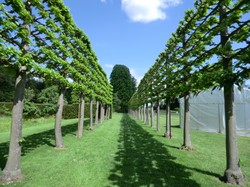
Comments
I'm glad that you found it so. :)
Interesting!
The farm that I mentioned had a reversible sign. Painted upside down on the back of 'Pick your own strawberries' was 'pick your own pumpkins'. Obviously the next one along then!
The reason that the American thanksgiving is in November is because you used to have so many. The governors at the time realized that this was hampering productivity. They ruled that there could only be one, but it would be a big one. Hence official Thanksgiving. :D
I love this time of year too, but my favourite is what's coming up. When the leaves turn gold and red in the trees, then start to fall. Beautiful time of year!
One of my favorite parts of fall are harvest festivals! I never associated it with any religion though, it was more like a necessity...the crops need to be harvested and it takes people! Why not celebrate too? XD
Anyways, we always had harvest festivals when I was growing up, like a school function, in late September/October. Some people tried to replace Halloween as a harvest festival celebration, (mostly churches) but I had none of that, to me they had to be very different things. The festivals mostly tended to be mini-carnivals, with games and prizes, and there were always hay bales, scare crows, corn stalks, and pumpkins. And face paintings. :D And, just after the corn is harvested, the corn mazes always open up too! I also liked harvest festivals hosted at pumpkin farms, because it means pumpkins can be bought, which means the start of pumpkin-related foods, which tend to only last through Thanksgiving, and then you have to wait a whole year to see any of it again. Ah, childhood.
I also like this time of year, because there are tons of farms around that will let you come and pick your own fruits, like you mentioned. My mom and I actually went and picked blueberries before I moved a couple weeks ago. :)
Is he a very beautiful border collie? I love that you named him Lugh.
And now you know where the God of Games thing comes from. :D
I read that Lugh was the god of games. I named one of my Border collies Lugh